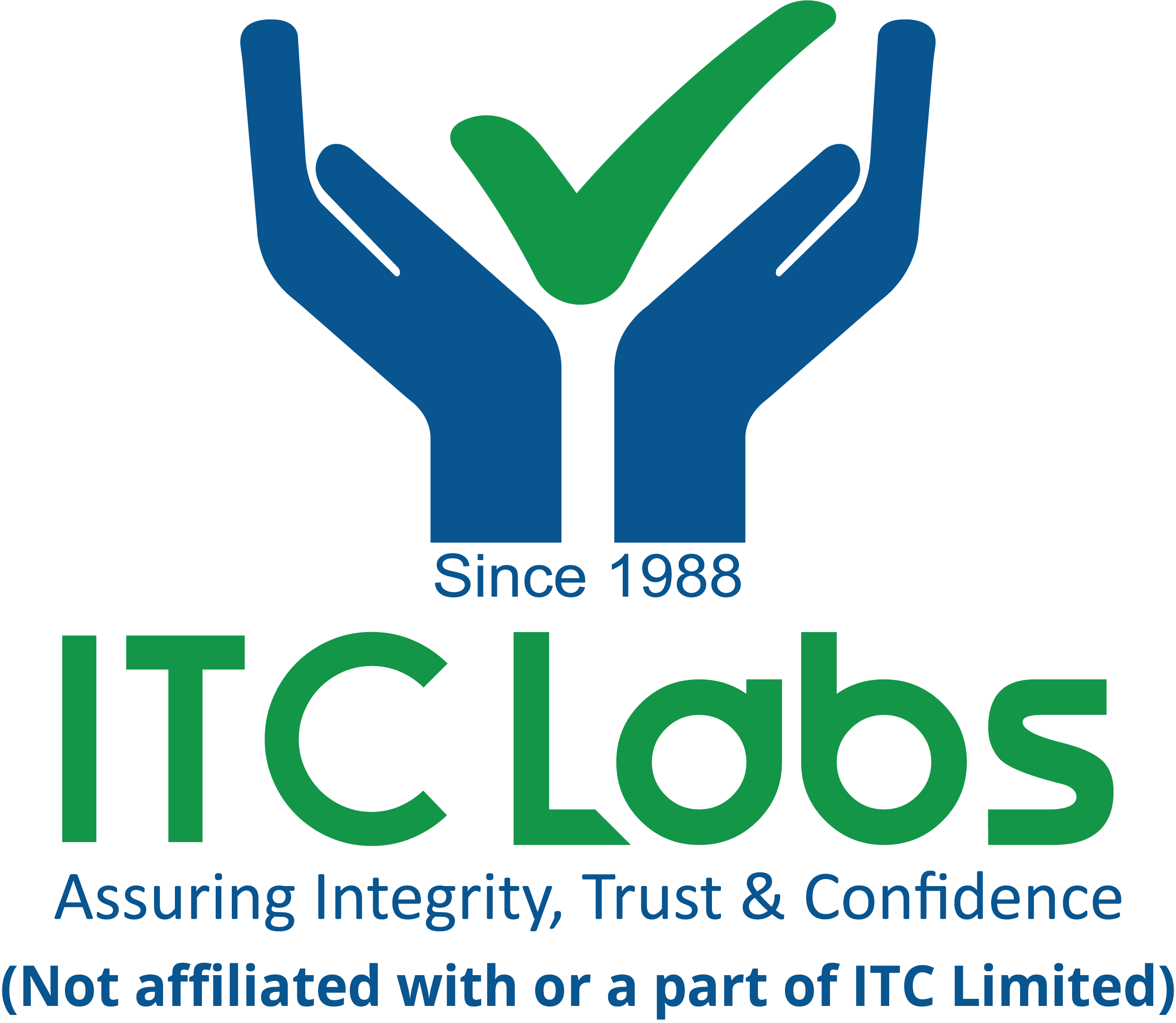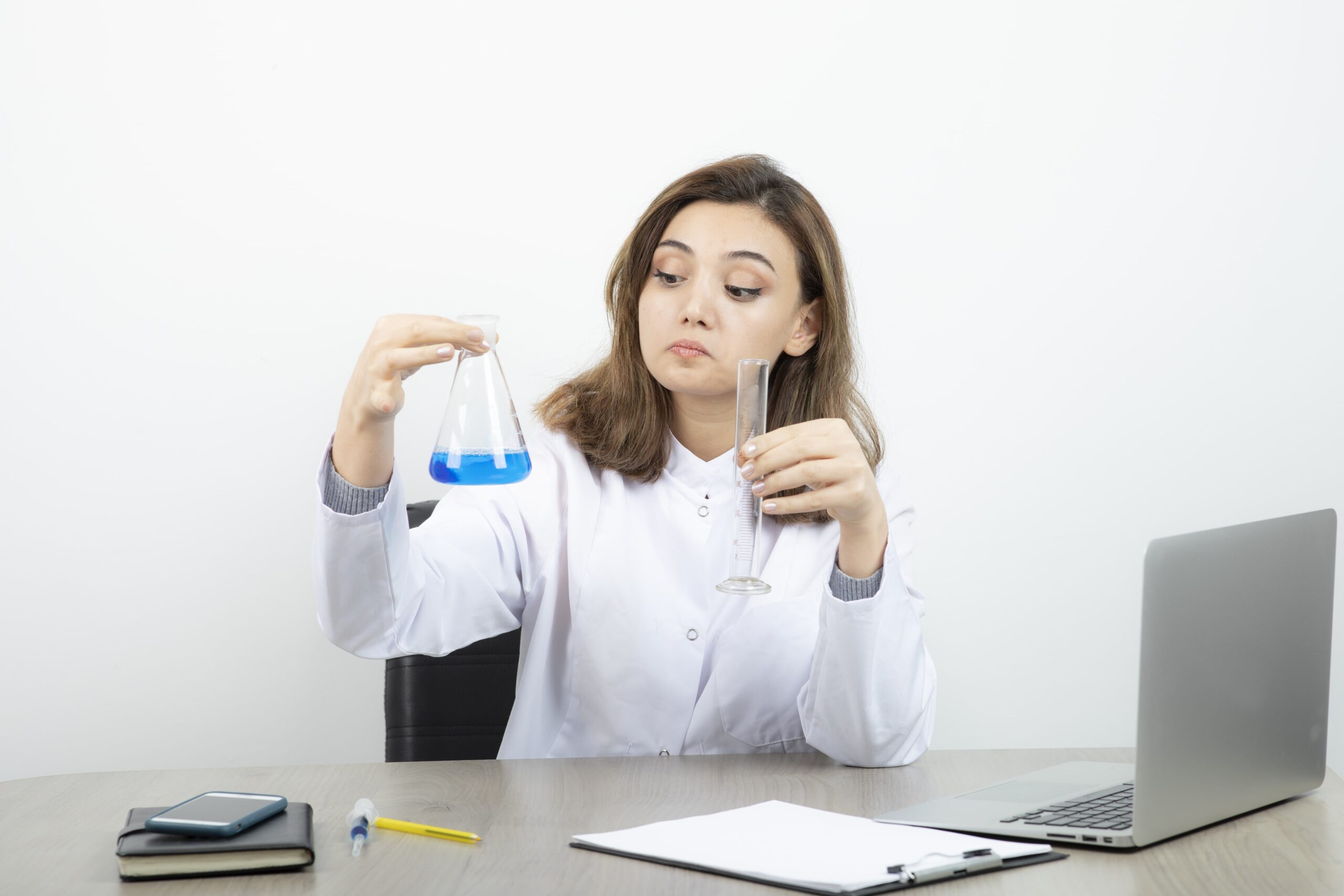Water is essential to life, but did you know that the quality of your drinking water can directly impact your health and well-being? Testing of drinking water is a critical process to ensure that it is safe, clean, and free from contaminants. Whether it’s tap water, well water, or bottled water, regular testing helps identify potential hazards such as bacteria, chemicals, and heavy metals. In this ultimate guide, we will explore why testing of drinking water is so crucial, the various methods involved in process water testing, and how compliance monitoring, environmental testing, and analytical testing laboratories play a role in ensuring the water you drink meets the highest standards of quality.
What Is Drinking Water Testing and Why Is It Important?
Drinking water testing is the process of analyzing water for various contaminants that can pose a health risk. This testing is essential to assess water quality and ensure that it meets local or international health standards. The quality of drinking water can be compromised by various factors, including industrial pollutants, agricultural runoff, and natural contaminants like minerals and bacteria.
Key reasons to test drinking water include:
Health Protection: Contaminated water can cause diseases like cholera, dysentery, and other gastrointestinal illnesses.
Regulatory Compliance: For municipalities and businesses, water quality testing ensures compliance with environmental regulations and industry standards.
Peace of Mind: For homeowners or private well owners, regular testing gives confidence that their water is safe for drinking and cooking.
The Process of Water Testing: How Is It Done?
Water testing involves a series of steps to analyze the quality and safety of drinking water. Here is a general overview of the process:
1. Sampling:
A water sample is collected in clean, sterilized containers. The sample should be taken from a location that best represents the water source, such as a tap or faucet.
2. Laboratory Analysis:
The sample is then sent to a water testing laboratory where it is tested for various contaminants. Common tests include analysis for bacteria (e.g., E. coli), heavy metals (e.g., lead, arsenic), chemicals (e.g., chlorine, pesticides), and physical properties like pH, turbidity, and dissolved solids.
3. Report Generation:
Once the tests are complete, the laboratory will generate a report outlining the results and whether the water passes or fails the safety standards.
4. Follow-up Actions:
If contaminants are found, solutions like filtration or chemical treatments may be necessary to improve water quality.
Key Contaminants Tested in Drinking Water
Testing drinking water is not just about finding pollutants—it’s about understanding which ones can affect health and the environment. Some of the most common contaminants include:
Bacteria: Pathogenic bacteria like E. coli can cause serious illness and are a major concern in untreated water.
Heavy Metals: Lead, mercury, and arsenic can leach into water sources and are toxic even at low concentrations.
Pesticides and Herbicides: Agricultural runoff is a common source of contamination, posing risks to human health and the ecosystem.
Nitrates and Nitrites: Often from fertilizer use, these chemicals can cause health problems, especially in infants.
Chlorine: While used to disinfect water, high levels of chlorine can affect taste and potentially cause health issues.
Water Testing Laboratories: What to Expect?
A water testing laboratory plays a crucial role in ensuring that the water you consume is safe. When choosing a laboratory, look for an accredited testing laboratory that adheres to stringent industry standards and guidelines. Here are some important things to consider:
1. Accreditation and Compliance Monitoring:
Make sure the lab is accredited by regulatory bodies, such as the ISO 17025 certification or local government health departments. This ensures the lab follows correct procedures, provides reliable results, and maintains a high standard of quality.
2. Types of Tests Offered:
Reputable water quality testing services should offer a range of tests including microbiological analysis, chemical tests, and physical tests. Some labs also provide specialized tests like environmental testing, which focuses on contaminants from industrial or agricultural sources.
3. Turnaround Time:
The time it takes to get results can vary depending on the type of test. For routine tests, expect a turnaround time of 2–7 days, while more complex tests might take longer.
4. Cost:
Water testing services can vary in price based on the types of tests performed and the quality of the laboratory. It’s worth investing in analytical testing laboratory services to ensure accuracy and reliability.
Compliance Monitoring in Drinking Water Testing
Compliance monitoring is a critical aspect of water quality testing, particularly for businesses, municipalities, and industries. It involves regular testing to ensure that drinking water complies with local, state, or federal regulations. For example, the Environmental Protection Agency (EPA) sets limits on various contaminants like lead, mercury, and nitrates. Regular monitoring helps ensure that the water remains safe for consumption and that any potential risks are quickly identified and mitigated.
Compliance monitoring also helps prevent legal issues and financial penalties that can arise from failing to meet water quality standards.
The Role of Environmental Testing in Water Quality
Environmental testing is an umbrella term for analyzing water for pollutants that could impact ecosystems and human health. In drinking water, it often refers to detecting harmful substances like pesticides, fertilizers, and industrial chemicals. Many of these pollutants are invisible and tasteless, making testing crucial for identifying them.
Environmental testing helps identify:
Industrial contaminants: Chemicals from manufacturing processes or mining.
Heavy metals: Arsenic, mercury, and cadmium can contaminate water from natural or industrial sources.
Why Use Analytical Testing Labs for Water Quality?
Using an analytical testing lab is the most reliable way to ensure the safety and quality of your drinking water. These laboratories use advanced equipment and methods to analyze water samples for a wide range of contaminants. Here’s why they are crucial:
Expertise: Analytical labs have trained professionals who can interpret results accurately and provide advice on corrective actions.
Precision: State-of-the-art equipment ensures that results are highly accurate and reliable.
Comprehensive Testing: Analytical labs can conduct a variety of tests, from simple pH checks to complex chemical and microbial analysis.
What to Look for in Water Quality Testing Services?
When choosing water quality testing services, it’s important to find a provider that offers the following:
Comprehensive Testing: A good lab should be able to test for a wide range of contaminants, both common and rare.
Accreditation: Ensure the lab is accredited by recognized bodies for its testing methods.
Customer Support: Look for a company that offers professional guidance on interpreting test results and suggesting solutions.
Reasonable Pricing: While quality testing is essential, it shouldn’t break the bank. Shop around for competitive pricing, but prioritize expertise and reliability.
Conclusion
Testing of drinking water is not just a one-time event—it’s an ongoing process that ensures the water you drink is safe and free from contaminants. By using accredited testing laboratories, regularly monitoring compliance, and conducting thorough environmental testing, you can safeguard your health and the environment. Whether for personal use or compliance with industry standards, water testing provides peace of mind and helps ensure access to clean, safe drinking water.
When looking for a trusted partner for water analysis services, ITC Labs stands out as the best analytical testing lab in the industry. With years of experience, an impeccable reputation, and state-of-the-art testing capabilities, ITC Labs offers reliable, accurate, and comprehensive water quality testing services. Protect your health and the health of your community by choosing ITC Labs for all your water testing needs.


